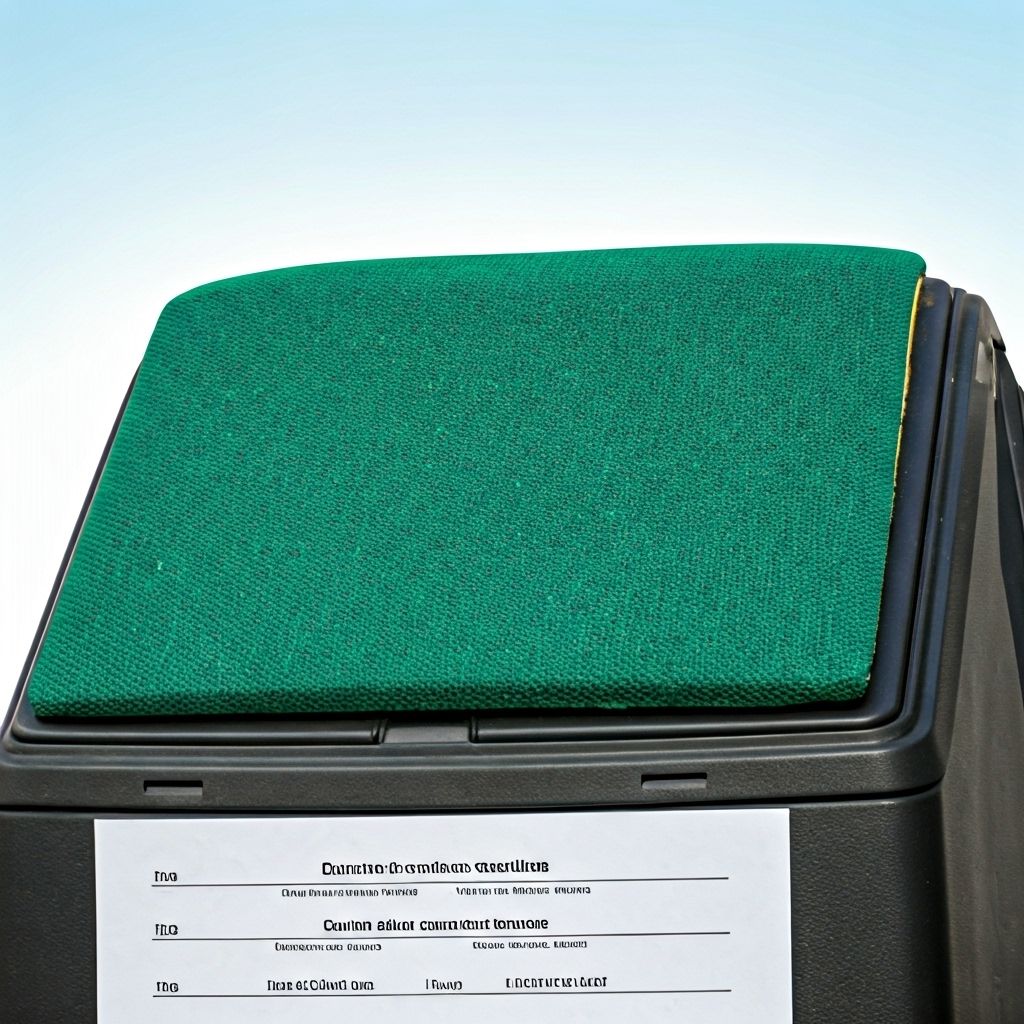Septic system regulations exist to protect public health and the environment. Understanding these requirements is essential whether you're installing a new system, repairing an existing one, or buying property with a septic system.
Federal Regulations
EPA Guidelines
The Environmental Protection Agency provides national guidelines for septic systems, focusing on:
- Groundwater protection standards
- Surface water quality requirements
- Public health protection measures
- Environmental impact assessments
Clean Water Act Compliance
Septic systems must comply with Clean Water Act provisions regarding:
- Discharge standards
- Water quality monitoring
- Pollution prevention measures
- Wetland protection requirements
State and Local Regulations
State Health Departments
Most states regulate septic systems through health departments, covering:
- System design standards
- Installation requirements
- Inspection protocols
- Maintenance mandates
Local Health Districts
Local authorities often have additional requirements for:
- Permit applications and fees
- Site-specific design criteria
- Installation oversight
- Ongoing compliance monitoring
Permit Requirements
New Installation Permits
Installing a new septic system typically requires:
- Site Evaluation Permit: For soil and site testing
- Design Permit: For system design approval
- Installation Permit: For actual construction
- Operating Permit: For system startup
Repair and Modification Permits
Major repairs or modifications may require:
- Repair permits for significant component replacement
- Modification permits for system changes
- Expansion permits for increased capacity
- Upgrade permits for advanced treatment systems
Design Standards
Sizing Requirements
Systems must be sized based on:
- Number of bedrooms (not occupants)
- Daily wastewater flow estimates
- Peak flow calculations
- Future expansion considerations
Setback Requirements
Minimum distances must be maintained from:
- Wells and water sources (typically 50-100 feet)
- Property lines (typically 5-10 feet)
- Buildings and structures (typically 10-20 feet)
- Surface water bodies (varies by location)
Soil and Site Criteria
Sites must meet standards for:
- Soil percolation rates
- Groundwater depth
- Slope limitations
- Flood zone restrictions
Installation Standards
Contractor Requirements
Installers must typically be:
- Licensed by the state or local authority
- Bonded and insured
- Certified for specific system types
- Subject to continuing education requirements
Material Standards
Components must meet specifications for:
- Tank materials and construction
- Pipe materials and grades
- Gravel and soil specifications
- Electrical components (if applicable)
Inspection Requirements
Installation Inspections
Required inspections typically include:
- Pre-backfill: Before covering components
- Final: After installation completion
- Electrical: For pumped systems
- Startup: Initial operation verification
Ongoing Inspections
Some jurisdictions require:
- Annual or periodic inspections
- Pumping verification
- Performance monitoring
- Compliance reporting
Compliance and Enforcement
Violations and Penalties
Non-compliance can result in:
- Fines and penalties
- Stop-work orders
- System shutdown orders
- Legal action
Correction Requirements
Violations typically require:
- Immediate hazard correction
- Professional system evaluation
- Compliance plan development
- Follow-up inspections
Special Situations
Environmentally Sensitive Areas
Additional requirements may apply near:
- Wetlands and water bodies
- Wellhead protection areas
- Flood plains
- Steep slopes or unstable soils
Advanced Treatment Systems
Alternative systems may require:
- Special design certifications
- Enhanced monitoring
- Maintenance contracts
- Performance guarantees
Property Transactions
Real Estate Requirements
Property sales may require:
- Septic system inspections
- Compliance certifications
- Pumping records
- System location documentation
Disclosure Requirements
Sellers typically must disclose:
- Known system problems
- Recent repairs or modifications
- Maintenance history
- Permit status
Staying Compliant
Best Practices
- Work only with licensed professionals
- Obtain all required permits
- Keep detailed records
- Schedule regular inspections
- Address problems promptly
Resources
- Local health department websites
- State environmental agency resources
- Professional association guidelines
- EPA septic system information
Navigating septic system regulations can be complex, but compliance is essential for protecting health and the environment. True Flow Septic stays current with all local regulations and can help ensure your system meets all requirements. Contact us for guidance on permits, compliance, and regulatory requirements in your area.
Found this helpful?
Share this article with others who might benefit.

